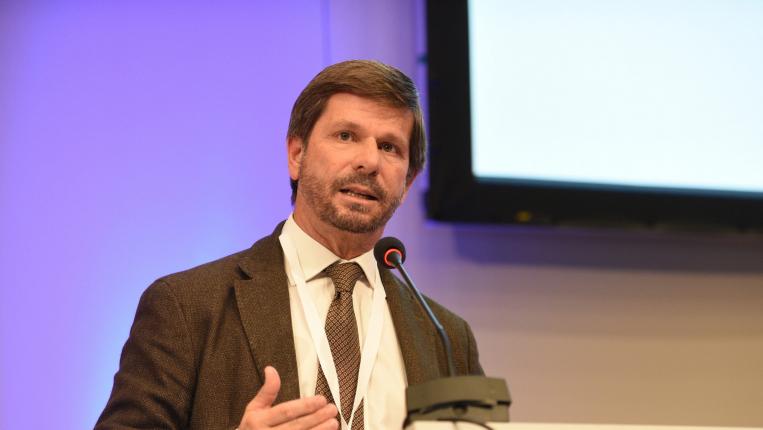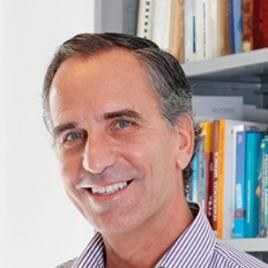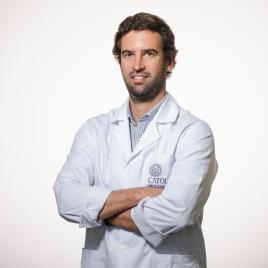This CU is longitudinal in the fourth year of the curriculum.
The portfolios evolve from what the students experience in various educational and life situations, such as their learning roles and the environment and communities around them. These experiences and other aspects (such as the feedback they receive form mentors and other teachers and supervisors) offer rich opportunities for reflection and self-awareness and are the catalysts for learning using the portfolio approach, all the while homing in and developing their reflective skills from that which is around them and reflective writing skills by way of their portfolio entries.
ntended learning outcomes (knowledge, skills and competences to be developed by the students):
- During the master’s programme, students are also expected to take an active and increasingly self-directed approach with respect to their competency development. The portfolio and mentors play a central and crucial role in this learning process:
- The portfolio is used as a repository for all the relevant information about the student’s competency development (learning plans/start documents, reflections, feedback and assessments). The portfolio includes information on all clinical rotations, electives and participation internships of the master’s programme. Based on the information in the portfolio, the student’s competency development is followed, adjusted and assessed throughout the entire master’s programme.
- The mentor functions as a ‘result-oriented’ coach who supervises the student’s competency development and (self-directed) learning.
Syllabus:
The Portfolio for each year and its accompanying activities, will align itself with the specific syllabi for that particular year. In year 4, the sources for reflection will come from the experiences and observations during the clinical attachments for that year. Each attachment will contain directed skills, communications and professional behavior components, which will form an integral part of the portfolio. Students will be asked to reflect and feedback by submitting entries using the CanMEDS roles to guide them. They specifically identify each role when reflecting, and include its pertinence to their future roles as physicians. They are also encouraged to reflect on other events in the learning place or within the news (e.g. refugee crises, health system changes in Portugal) that are germane to their evolution as physicians.
This reflection and feedback will be guided and encouraged by the mentor, with whom the Portfolio will be continuously discussed.





